Political row deepens over A&E problems
- Published
Ed Miliband called on David Cameron to apologise for breaking a "solemn promise"
The government has "betrayed patients", Labour leader Ed Miliband says, as the political row over the problems facing A&E units deepens.
Data for the last three months showed waiting times in England had dropped to their worst levels for a decade.
In the first prime minister's questions of 2015, Mr Miliband said the government's policies were the cause.
But David Cameron hit back saying Labour was using the NHS as a "political football".
The row surfaced as a number of trusts have declared major incidents in recent days, with cases emerging of patients being treated in corridors and ambulances queuing outside A&E.
Addenbrooke's Hospital in Cambridge is the latest big hospital to have declared a major incident.
Such a move triggers the implementation of extra measures, including calling in off-rota staff and cancelling non-emergency care such as routine operations.
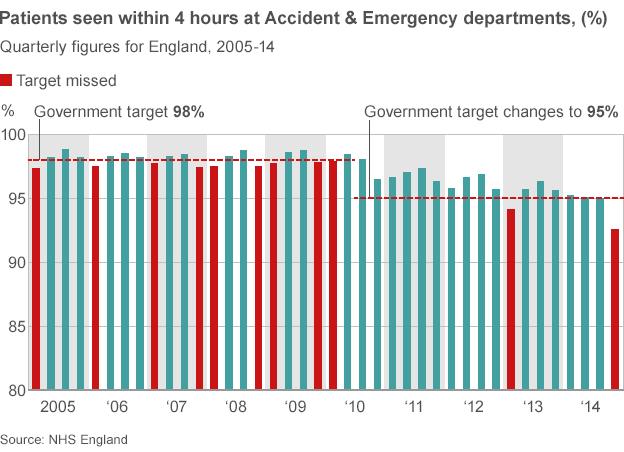
Dr Keith McNeil, chief executive of Cambridge University Hospitals NHS Foundation Trust, said the hospital had been under "extreme pressure" since New Year's Eve.
"We have declared a major incident... due to unprecedented levels of demand on our services, with especially high numbers of frail, elderly patients, combined with a record level of patients whose medical care is finished and whose discharge is delayed."
The hospital had nearly 200 beds occupied by patients who were ready for discharged - a fifth of the total.
Research by the BBC has found this is not an isolated problem. BBC News contacted 64 NHS trusts around the UK on Wednesday to ask about these delays.
Of the 29 trusts who responded, all but one had problems with 1,584 beds in total taken up by patients who were ready to go home.
These delays happen when there is not support in the community from either social care teams or health services to care for those patients who need help.

Get involved on:
Mr Miliband told the prime minister in the House of Commons: "The pressures on A&E are not just happening on your watch, but are a direct result of the decisions you have taken."
"He asked people to trust him on the NHS and he has betrayed that trust."
Mr Miliband went on to cite steps such as the closure of walk-in centres, cuts to social care and the "damaging" reorganisation that took place in the early years of this Parliament.
Earlier shadow health secretary Andy Burnham had called for an urgent summit on how to alleviate pressure on A&E services in English hospitals.
But Mr Cameron hit back, saying the government had increased spending on the NHS, which had led to more doctors and nurses on wards.
He said it was interesting that Labour had "no solutions to put forward".
Health Secretary Jeremy Hunt told the Commons extra funding had been allocated this winter
"That only says to me while we are interested in improving the NHS, you simply want to use it as a political football," he added.
He also pointed out waiting times were even worse in Labour-controlled Wales.
The debate happened just a day after figures were released by NHS England showing that the target four-hour waiting time target had been missed during the October to December quarter.
Just 92.6% of patients were seen in four hours - below the 95% target. Scotland, Wales and Northern Ireland are also missing their targets.

Have you recently attended your local A&E department? What was your experience? Are you an NHS employee? You can email haveyoursay@bbc.co.uk, external with any information. Please leave a telephone number if you are willing to be contacted by a BBC journalist.
- Published7 January 2015
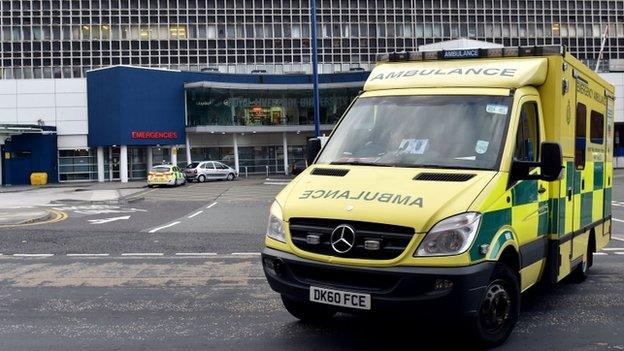
- Published7 January 2015
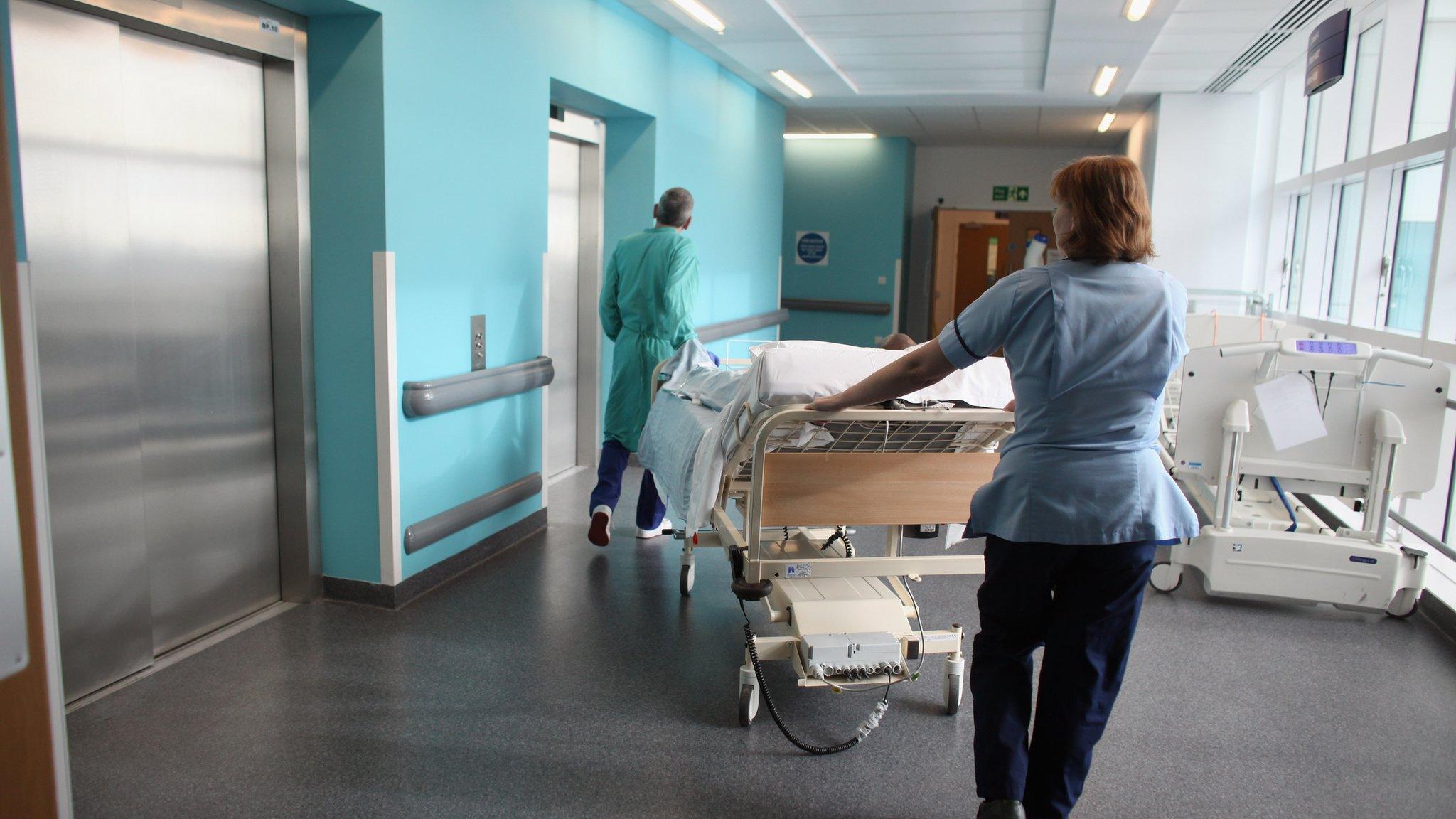
- Published6 January 2015
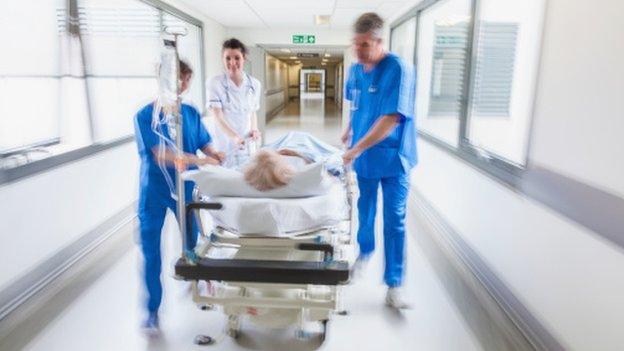
- Published7 January 2015
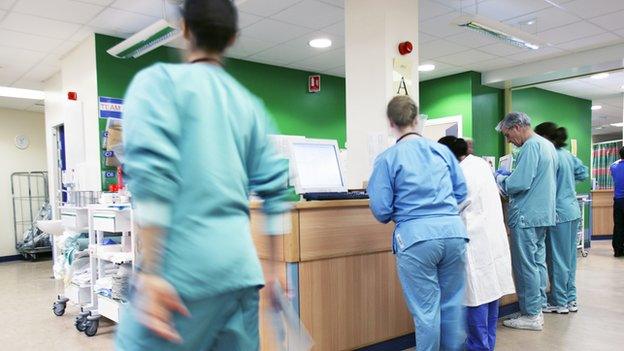
- Published7 January 2015
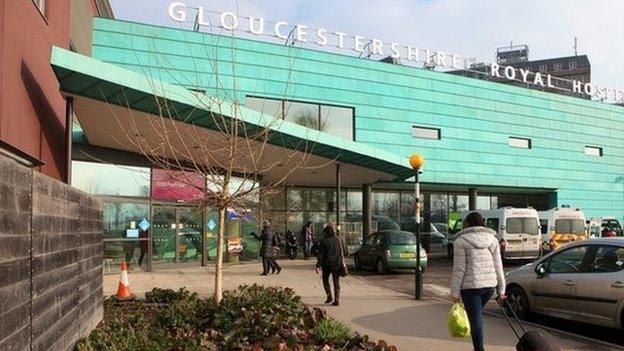
- Published13 March 2015
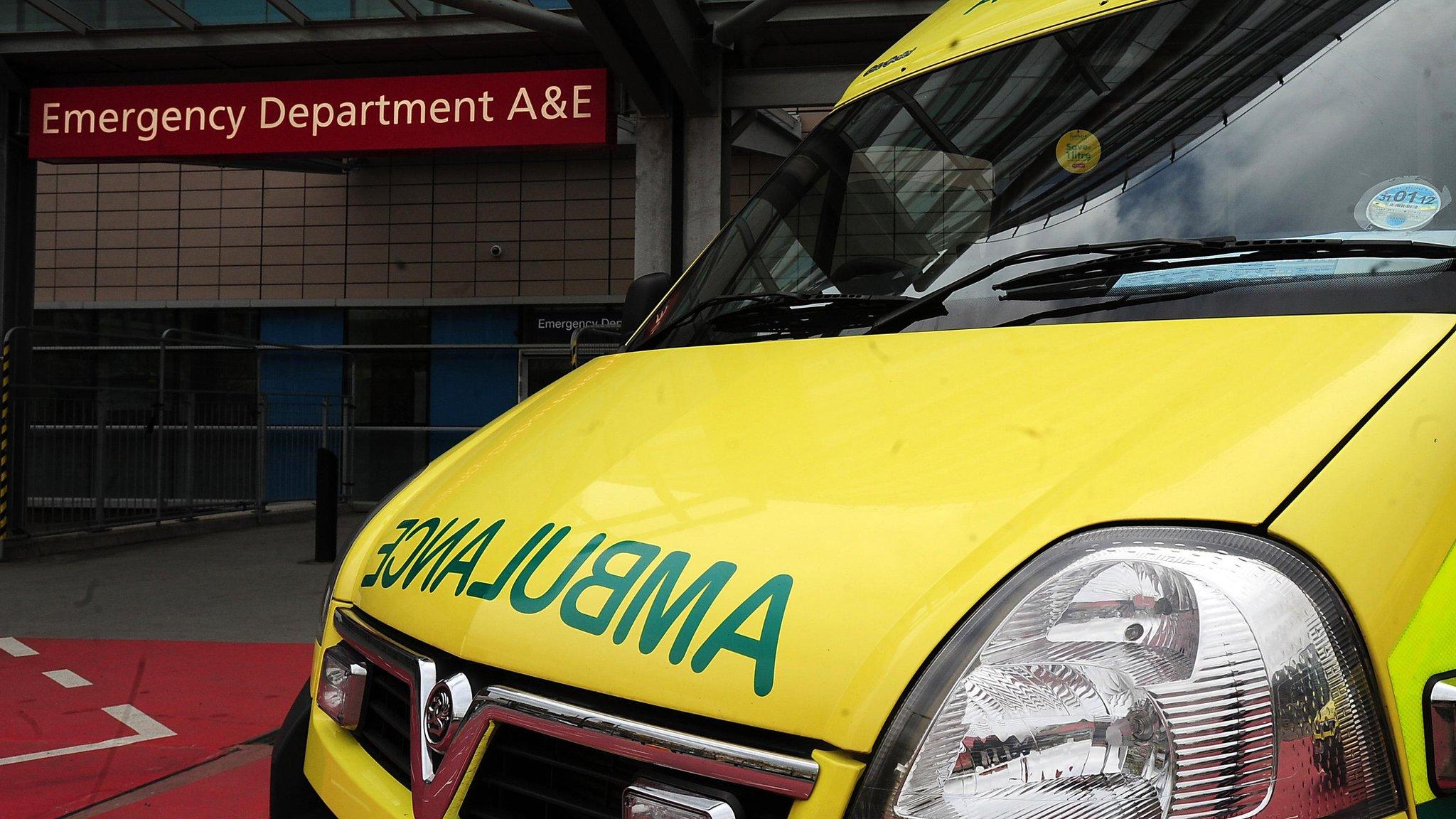
- Published6 January 2015
- Published6 January 2015
- Published6 January 2015
